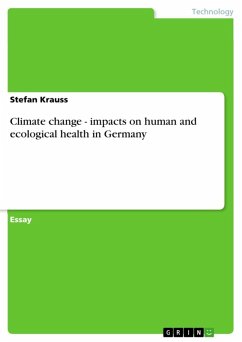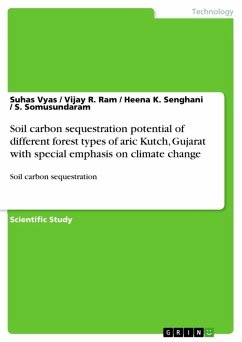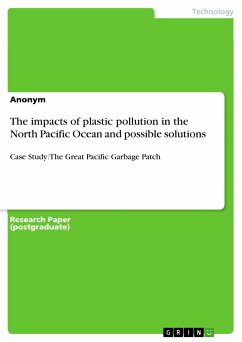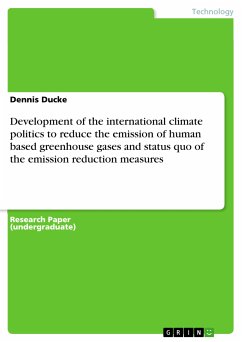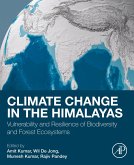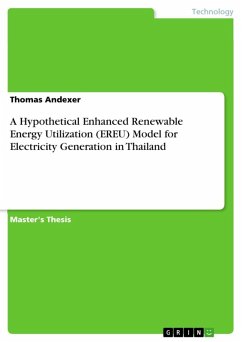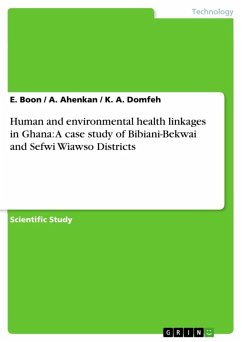Essay from the year 2004 in the subject Environmental Sciences, grade: HD, Murdoch University (ISTP - Institute for Sustainability and Technology Policy), course: Ecology, Society, and Human Health, language: English, abstract: In these days, global climatic changes that can be observed are rooted in human activities. The prevailing carbon-based economy makes issues like heating and electricity, population growth and industrialisation, transportation and mobility, over-consumption and globalisation the main contributors of emission of greenhouse gases, with the consequence (among others) of global warming, and thus a changing climate. These global changes have heightened awareness that the health of populations depends on the stability and functioning of the biosphere's ecological, physical, and socio-economic systems. The world's climate system is an integral part of the complex web of life-supporting processes. Climate and weather have always had a powerful impact on human health and well-being. But like other large natural systems, the global climate system is coming under pressure from human activities. Global climate change is, therefore, a newer challenge to ongoing efforts to protect human health. This essay examines the mentioned connectedness of human behaviour and the natural world. More specifically, it deals with the global issue of human induced climate change and its impacts on ecological health and human health , focusing on Germany. Following on from this, global and German mitigation policies are introduced and the health benefits are outlined. The starting point marks a brief discussion of the link between greenhouse gases and climate change. In connection with the issues of the 'greenhouse effect' and 'climate change', stratospheric ozone depletion is often also discussed. Undoubtedly, stratospheric ozone depletion has impacts on ecological and human health, however it is left out of consideration in this essay due to the word limit, and to the complexity of its relationship to the greenhouse effect and climate change. [...]
Dieser Download kann aus rechtlichen Gründen nur mit Rechnungsadresse in A, B, BG, CY, CZ, D, DK, EW, E, FIN, F, GR, HR, H, IRL, I, LT, L, LR, M, NL, PL, P, R, S, SLO, SK ausgeliefert werden.

